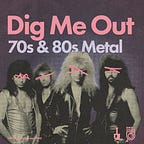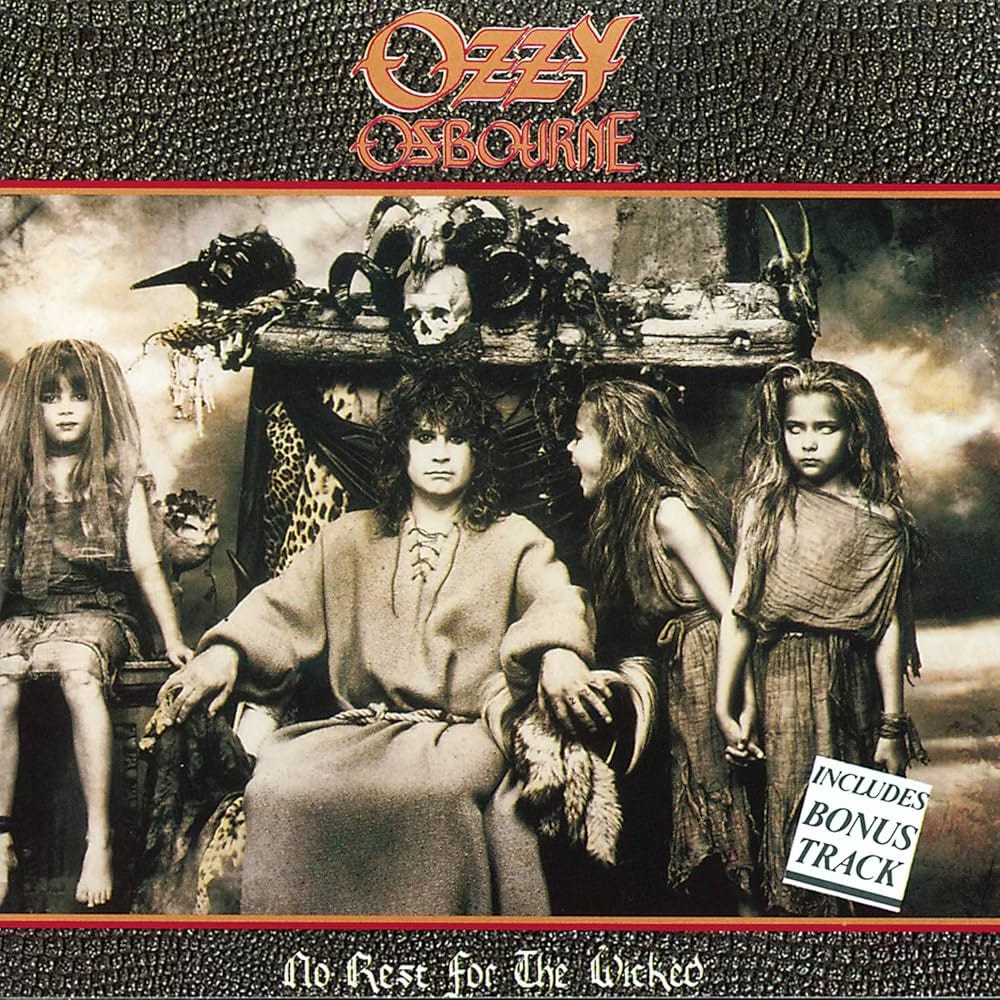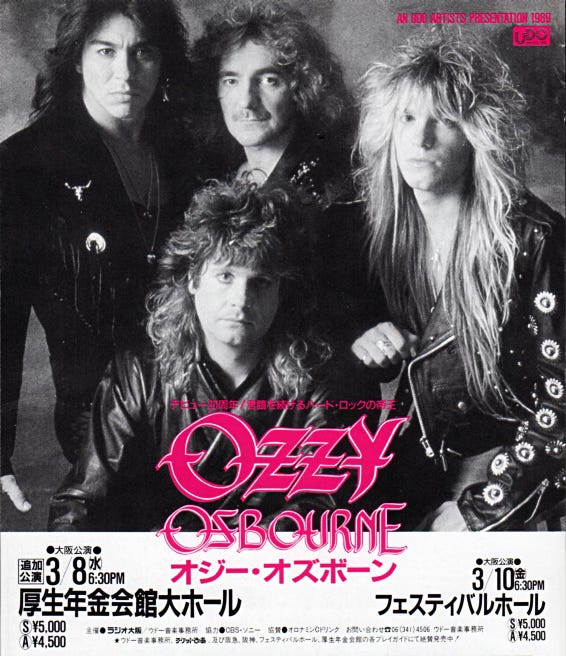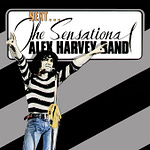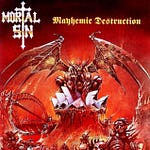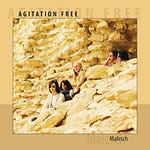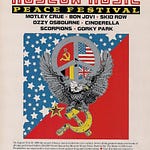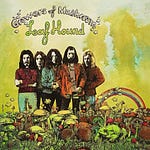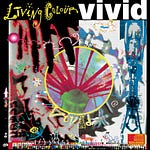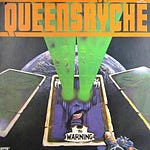Imagine catching lightning in a bottle twice. That’s what happened when a washed-up Birmingham scrapper found his footing again in 1988—thanks to a 19-year-old kid from New Jersey who could make his guitar scream like the devil himself.
No Rest for the Wicked is the sound of reinvention—a 40-year-old rock star discovering he could still scare parents and piss off televangelists while crafting some of the most viciously catchy metal of the late ’80s.
The Gospel According to Saint Zakk
Let’s talk about the elephant in the room: Zakk Wylde. When Ozzy fired Jake E. Lee in 1987, nobody expected him to pluck some unknown bar-band guitarist from New Jersey. The story sounds like rock mythology: a cassette tape, a photographer named Mark Weiss, and suddenly Jeff Wielandt becomes “Zakk Wylde” because Kim Wilde was on the radio and, hell, it sounded cool.
But here’s the thing about lightning-in-a-bottle moments—you can’t fake the chemistry that happens on No Rest for the Wicked. Wylde’s pinch harmonics and dive-bomb squeals weren’t just technique; they were the sound of pure, unfiltered aggression meeting Ozzy’s natural theatricality. Listen to “Miracle Man”—the way Wylde’s guitar snarls through that opening riff like a chainsaw cutting through silk. That’s not just playing; that’s making a statement.
Randy Castillo behind the kit provided the perfect rhythmic foundation, crafting grooves that gave these songs their swagger. On tracks like “Breaking All the Rules,” his triplets and feel create this rolling momentum that makes you want to drive fast and break things. It’s the kind of drumming that understands metal needs both power and pocket.
Holy War: The Miracle Man Controversy
Remember Jimmy Swaggart? The televangelist who spent years calling Ozzy a Satanist, describing his music as “pornography and degenerative filth”? Yeah, well, karma’s a beautiful thing. When Swaggart got caught with a prostitute in February 1988, Ozzy saw his opening and took it.
“Miracle Man” is a masterclass in righteous revenge. The lyrics pull no punches: “Miracle man got busted / Today I saw a miracle man on TV cryin’ / Such a hypocritical man”. But the real genius is in the details: that robotic vocoder effect on “Miracle Man” that turns the chorus into an echo of our TVs. It’s unsettling, catchy, and perfectly captures the artificial nature of televangelism.
The music video drove the point home even harder. Ozzy donned a Swaggart mask in an old English chapel filled with pigs—a not-so-subtle metaphor for the swine hiding in the church. When they cranked the volume for filming, all 60 pigs simultaneously defecated from the noise. As Ozzy later told Guitar World: “When the music went on, the pigs all took a massive shit at the same time”. Sometimes the universe has a sense of humor about these things.
Beyond the Controversy: The Deep Cuts That Deliver
Strip away the theatrics and controversy, and what you find is Ozzy’s strongest collection of songs since the Randy Rhoads era. “Fire in the Sky” showcases everything great about this lineup—Wylde’s groundbreaking guitar work, Ozzy’s genuinely emotional vocal delivery, and a chorus that soars without relying on gimmicks. It’s progressive compared to the gloss of The Ultimate Sin and it works beautifully.
“Breaking All the Rules” starts like a Ratt song but transforms into something heavier and more sophisticated, thanks to Wylde’s intricate riffwork and Castillo’s dynamic drumming. Even the album tracks like “Devil’s Daughter” and “Demon Alcohol” have bite—the latter serving as a spiritual successor to “Suicide Solution,” addressing Ozzy’s ongoing battle with his demons.
The production, handled by Roy Thomas Baker (Queen, The Cars) and Keith Olsen (Whitesnake, Heart), captures both the heaviness and the melody. It’s big and arena-ready without sacrificing the raw edge that makes these songs dangerous.
The Numbers Tell the Story
Commercially, No Rest for the Wicked proved Ozzy didn’t need to be the hottest thing on MTV to matter. The album hit #13 on the Billboard 200 and went double platinum, selling over 2 million copies in the US alone. Not bad for a record Rolling Stone gave one star to. Sometimes critics miss the point entirely.
“Miracle Man” became a legitimate hit, while “Crazy Babies” showed Ozzy could still craft anthems that connected with the Headbangers Ball crowd. These are tracks that proved Wylde brought something special to the table.
Why It Still Matters
Thirty-six years later, No Rest for the Wicked feels like a time capsule of when metal could still be genuinely dangerous. This was Ozzy at his last truly transgressive moment—taking aim at moral hypocrisy while crafting songs that were simultaneously catchy and uncompromising.
The album works because it captures that rare moment when experience meets hunger. Ozzy had the wisdom of survival, Wylde had the fire of youth, and together they created something that bridged the gap between the metal underground and mainstream recognition. It’s not his most important album, and it’s not his most successful, but it might be his most fun.
In an era when metal was starting to splinter into subgenres and scenes, No Rest for the Wicked reminded everyone why Ozzy Osbourne mattered in the first place: he could make you laugh, make you think, and make you bang your head—sometimes all in the same song.
What’s your take? Does “Miracle Man” rank among the greatest revenge tracks, or are you team “Fire in the Sky” for the album’s creative peak?
Songs in this Episode
Intro - Bloodbath in Paradise
16:35 - Breaking All the Rules
18:46 - Demon Alcohol
26:50 - Fire in the Sky
36:32 - Miracle Man
39:13 - Crazy Babies
48:25 - Hero
Outro - Tattooed Dancer


